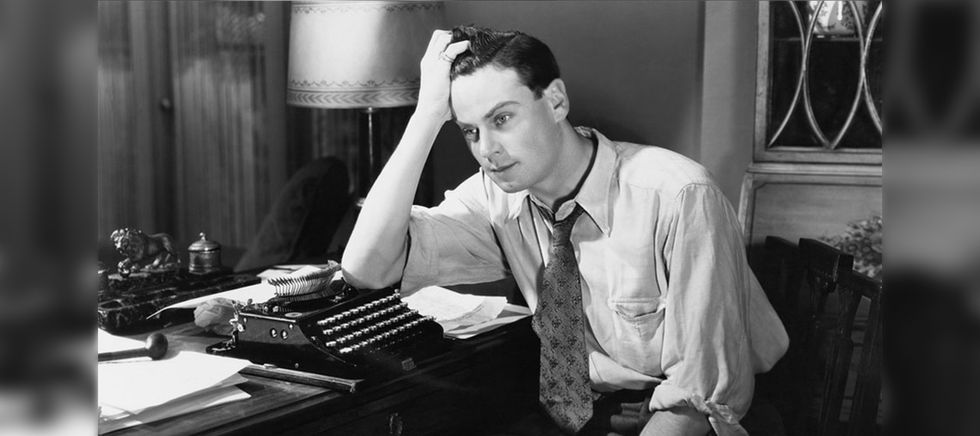A written language is, perhaps, the most important qualifier of a sophisticated civilization. It serves not only as an effective means of communication, but also as a symbol for the immortality of knowledge. Writing has allowed us to uncover secrets of the past, as well as to prepare for encounters in the future—from hieroglyphics to algebra on a satellite, writing has been our path to discovery and beyond.
Writing, of course, is not limited to essays and novels. Plays, music, and even television shows are forms of writing, and all serve their own transcendent purposes.
Plays, beyond just entertainment, often grant us a glimpse into past cultures and practices. Maybe women weren’t shooting themselves in every household, but Henrik Ibsen’s Hedda Gabler tells us of the social constraints faced by women. Maybe the Devil didn’t guide scientists down a path of mischief and lust, but Goethe’s Faust, in at least one playful scene, shows us the legitimate animosity and competition that existed between playwrights. Maybe women weren’t actually burned at the stake for witchcraft—actually, The Crucible is pretty straightforward (bonus Red Scare cultural glimpse, though!).
Music has the unique ability to be a direct channel of emotion. In—what my unsurmountable amount of bias drives me to claim to be the best example—jazz, this is probably the most imminent. The roots of jazz sprouted in cotton fields, as slaves would call “work songs” to one another in an attempt to retain some form of sanity through the endless hours of arduous labor. Not only did this calling out beget the incredibly prominent style of “call and response” found in jazz, it made the genre one of pure emotion and expression. Eventually, brass at Congo Square and some slightly less twisted ivory ears nurtured this form of expressionism into the form of jazz we’re familiar with today (at least, in the recordings of Charles Mingus, not necessarily those of the Big Phat Band, but the case could be made either way). Because of this, jazz and genres with related roots (blues, gospel, R&B, etc.) tend to be the most moving with raw emotions, from Mingus’ “Work Song” to Snarky Puppy’s “Sleeper.”
Television shows are actually pretty deceiving. Often times, the culture we thought we had been watching had really been fabricated for entertainment. What television shows do tend to address are relevant topics to the time period. Shows like Blackish tend to take on civil rights and racism stories that happen in current events, most shows have in some form or another tackled the whole Trump debauchery, The Simpsons has long been playing on current events almost to an encyclopedic extent, and Mickey Mouse and company was actually a hidden window into an almost shockingly racist entertainment practice of the time (check out from where those white gloves and black faces were inspired).
Writing is such a ubiquitous and essential part of this and any culture that maybe, sometimes, a good topic on what to write about, is not knowing what to write about…






 The minimum wage is not a living wage.
StableDiffusion
The minimum wage is not a living wage.
StableDiffusion
 influential nations
StableDiffusion
influential nations
StableDiffusion











